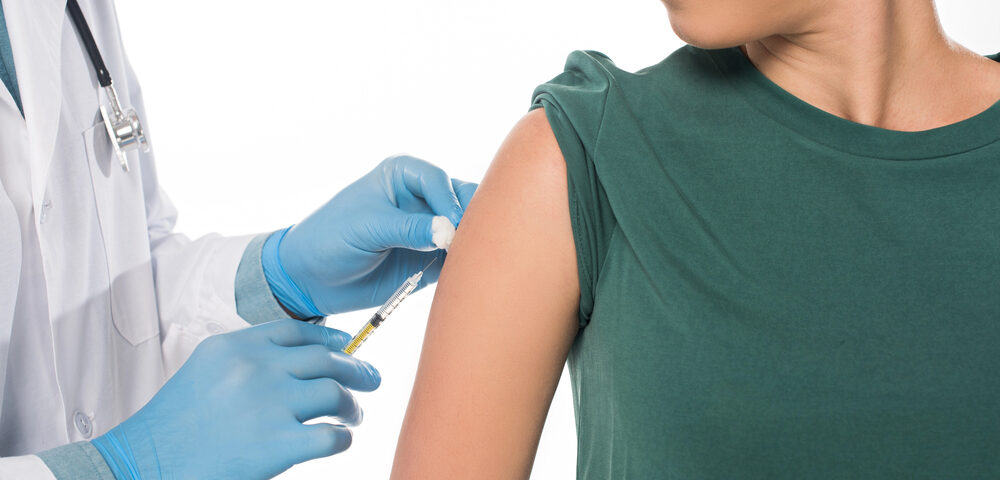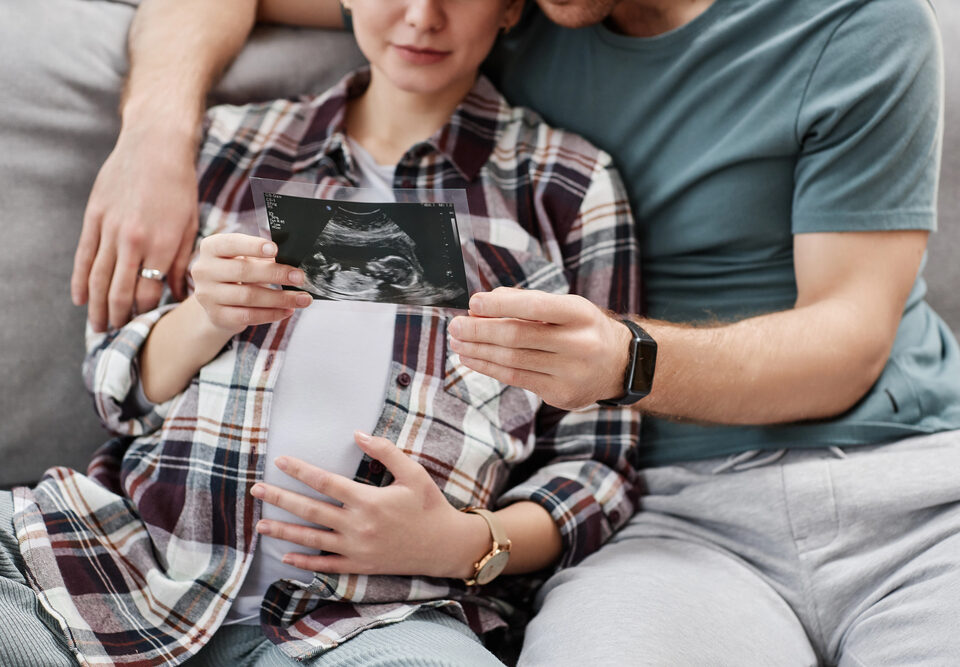
How AI Saved A Pregnant Woman’s Life
May 15, 2025
Doctors Use Customized Gene Editing to Save Infant with Rare Disorder
May 22, 2025One of the most common concerns over the past few years has been the potential side effects of COVID-19 vaccines on fertility and pregnancy. Thankfully, a new comprehensive study from Yale School of Medicine provides reassuring evidence that COVID-19 vaccines are not associated with an increased risk of miscarriage.
The study was led by Dr. Sangini S. Sheth, Associate Professor of Obstetrics, Gynecology, and Reproductive Sciences, and analyzed blood samples from 60 women who experienced first-trimester pregnancy losses.
Although pregnant women were initially excluded from clinical trials for the COVID-19 vaccines, a common practice in most medical studies, subsequent research and post-marketing surveillance have helped provide much-needed clarity.
The Centers for Disease Control and Prevention (CDC) and other health authorities have long stated that pregnant individuals face significantly higher risks if they contract COVID-19. Compared to nonpregnant women, those who are expecting are more likely to experience severe illness, require hospitalization, and be admitted to the intensive care unit. Additionally, COVID-19 infection during pregnancy has been associated with increased risks of pregnancy complications, including preterm birth and stillbirth.
Given these elevated risks, the CDC did not recommend withholding the vaccine from pregnant individuals once it became available through the U.S. Food and Drug Administration’s Emergency Use Authorization.
Since pregnant individuals weren’t included in the initial trials, researchers have relied on post-licensure studies and real-world data to evaluate vaccine safety. These studies involve continuous monitoring of health outcomes in vaccinated populations to detect rare side effects and understand broader impacts.
The good news? Research consistently shows that the COVID-19 vaccines are safe for pregnant women. Not only is there no link between vaccination and adverse pregnancy outcomes, but data also indicates that vaccinated women may experience healthier pregnancies overall, and there is no evidence linking the vaccine to stillbirth or miscarriage.
Using electronic health records from the Vaccine Safety Datalink (VSD) to explore whether there was any correlation between vaccination and miscarriage, researchers looked at vaccination history in women who had miscarriages and compared it to those who had live births. They found no association between receiving the COVID-19 vaccine and experiencing a miscarriage. This remained true regardless of the number of doses received, the type of vaccine (such as Moderna or Pfizer), or the timing of vaccination during pregnancy.
For women early in pregnancy, or for those considering becoming pregnant, the data is clear and reassuring.
Contact us today to learn more about how we support intended parents, surrogates, and donors every step of the way!




